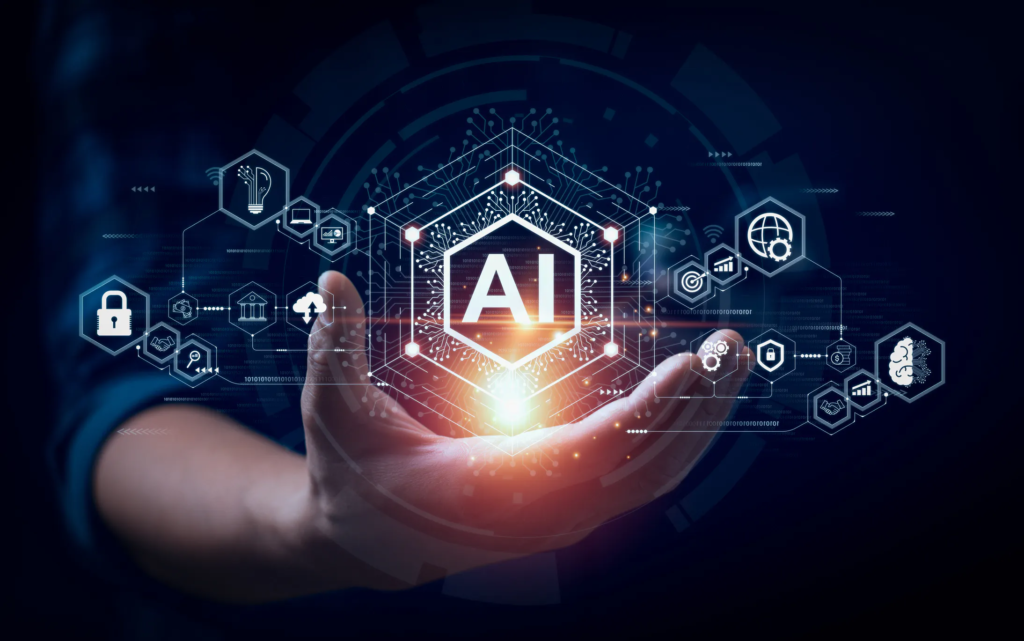
Artificial Intelligence (AI) refers to the simulation of human intelligence in machines that are programmed to think and learn like humans. It encompasses a broad range of techniques and approaches aimed at enabling machines to perform tasks that typically require human intelligence, such as understanding natural language, recognizing patterns, making decisions, and even learning from experience.
key points in AI:
- Machine Learning: This is a subset of AI where algorithms enable machines to learn from data and improve their performance over time without explicit programming. Techniques like supervised learning (learning from labeled data), unsupervised learning (finding patterns in data), and reinforcement learning (learning through trial and error) fall under this category.
- Deep Learning: A specific type of machine learning that uses neural networks with many layers (deep neural networks) to learn and make decisions from large amounts of data. Deep learning has been particularly successful in tasks such as image and speech recognition.
- Natural Language Processing (NLP): This branch of AI deals with enabling machines to understand, interpret, and generate human language. Applications include language translation, sentiment analysis, and chatbots.
- Computer Vision: AI techniques applied to visual data to interpret and understand the content of images or videos. This is used in facial recognition, object detection, autonomous vehicles, and medical image analysis.
- Robotics: AI plays a crucial role in robotics by enabling robots to perceive their environment, make decisions, and perform tasks autonomously. This is essential in industries such as manufacturing, healthcare, and space exploration.

Applications of AI:
- Healthcare: AI is used for diagnosing diseases from medical images, personalized treatment plans, drug discovery, and managing patient records.
- Finance: AI algorithms analyze financial data for fraud detection, algorithmic trading, credit scoring, and customer service.
- Automotive: Self-driving cars use AI to perceive their environment and make driving decisions.
- Entertainment: AI powers recommendation systems in streaming services, personalized content creation, and virtual assistants.
- Cybersecurity: AI helps in identifying and responding to cyber threats in real-time.
Ethical Considerations:
As AI becomes more powerful and pervasive, ethical concerns arise around issues such as bias in algorithms, job displacement due to automation, privacy implications of data usage, and the implications of autonomous decision-making.
Future Directions:
The field of AI is rapidly evolving, with ongoing research into making algorithms more efficient, interpretable, and trustworthy. Future applications may include more advanced robotics, AI-driven personal assistants, enhanced healthcare diagnostics, and further integration into everyday devices through the Internet of Things (IoT).
In summary, AI is a transformative technology with the potential to revolutionize industries and society at large, while also raising significant ethical and societal questions that require careful consideration and regulation.


